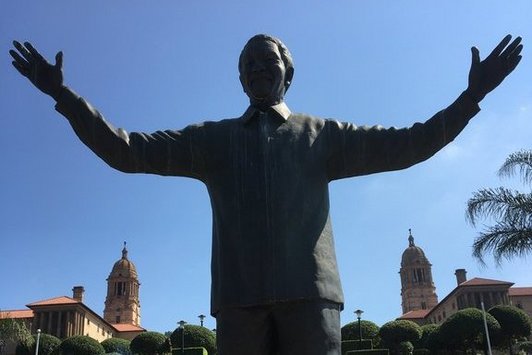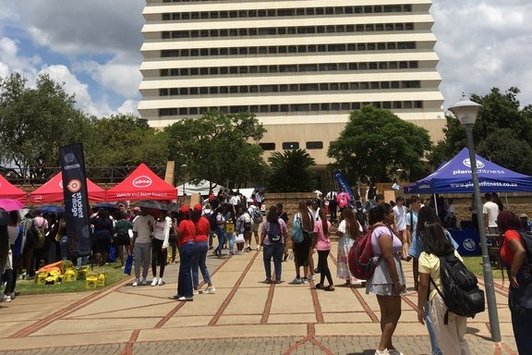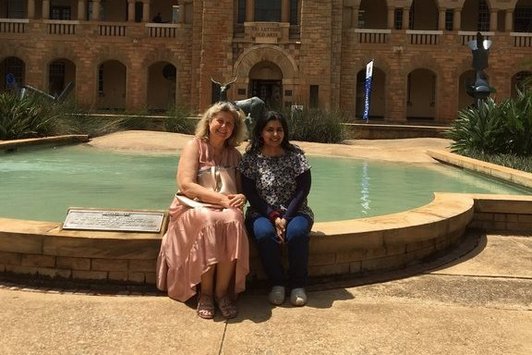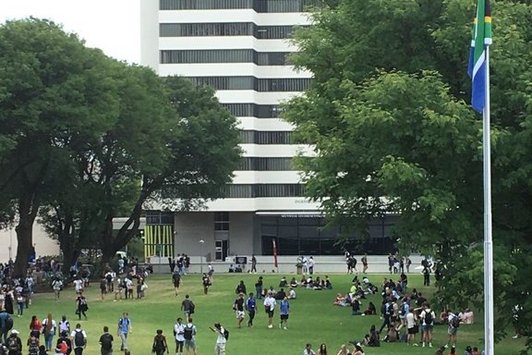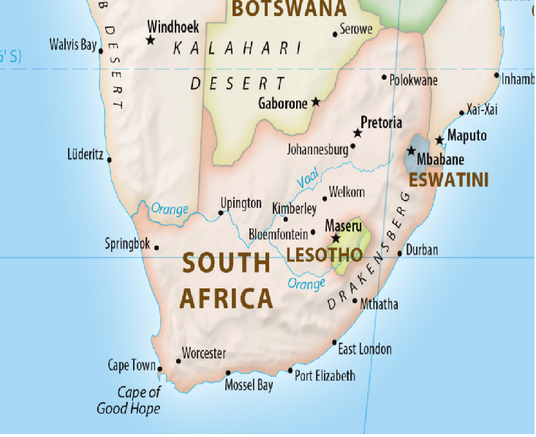
Project completed: P034_South Africa

Identity Work of Black African Female Employees and Managers in White Western Private Organizations in South Africa and Austria – Aspects of Gender Equality and Decolonization
Cooperating countries: South Africa and Austria
Coordinating institution: Vienna University of Economics and Business (WU Vienna), Dr. Regine Bendl, regine.bendl@wu.ac.at
Partner institutions: University of Pretoria
Project duration: 1 July 2021 - 30 June 2023
Budget: EUR 18.589
Abstract:
Austrian private organizations in general and the majority of South African private organizations still operate on the unfair advantage of Whiteness and ethnic privilege, as a variant of whiteness, which remains uncontested and under-researched in the context of Organization Studies in these two countries. Research results show, that contexts shape not only racio-ethnic and gender identities of individuals but also the process of racialization, gendering and culturalization (e.g. Carrim/Nkomo 2016). These racialized and racializing, gendered and gendering as well as culturalized and culturalizing processes shape and reproduce particular social locations in these ‘white’ Eurocentric South African and Austrian private organizations for Black African female employees in general, and especially Black African female middle managers and senior managers. The aim of this project, therefore, is to address the influence of organizational gender equality policies and racism on identity work of Black African employees in general as well as female middle managers and senior managers in private organizations in which whiteness still prevails. Thus, we pose the question how Black African female employees as well as Black African managers, especially middle and senior managers identify with their work and the organization and how they form, repair, maintain and strengthen their managerial identities in these organizations.This research question will not only allow us to obtain intersectional information on gendered and gendering as well as racialized and racializing processes but also to generate at this intersection informed knowledge on colonizing and decolonizing processes in organizations. With this research project we intend to close a research gap on the intersection of gender equality and decolonization in Organization Studies.
Summary:
Austrian private organizations in general and the majority of South African private organizations still operate on the unfair advantage of Whiteness and ethnic privilege, as a variant of whiteness, which remains uncontested and under-researched in the context of Organization Studies in these two countries. The aim of the project was to address the influence of Whiteness on the identity work of Black African employees in private organizations, in which Whiteness still prevails. We, therefore, asked how Black African employees in both contexts identify with their work and the organization and how they form, repair, maintain and strengthen their identities in these organizations.
We conducted 42 life story interviews (27 South Africa and 15 Austria) and three focus group discussions with 17 participants in Austria based on purposive and snowballing sampling. While all South African participants of the study belonged to the racial majority of the African inhabitants, the Austrian participants represent an unmarked minority in the Austrian context. The Austrian participants had cultural heritages in different African countries (Ethiopia, Ghana, Guinea, Democratic Republic Kongo, Nigeria, South Africa). For analyzing the collected data, we applied a thematic analysis (Braun & Clarke, 2006) which as an iterative approach allowed us to move back and forth between the data. This thematic analysis generated the following themes on the macro, meso and micro level which call for identity work of Black African female employees in white organizations: On the macro level migration, sectors, legislation and African culture as well as the family inform the identity of the Black female employees. On the organizational meso level, the participants told stories about discrimination at the workplace referring to sexual harassment and language barriers as well as discrimination based on gender and race and at the intersection of these two diversity categories. In terms of culture, diversity and inclusion, the participants did not only tell stories of whiteness as leading culture in their organizations but also of positive experiences of inclusion and support of their managers and colleagues. The data on the micro level refer to racism in terms of ignorance and stereotypes of subtle/open discrimination. In order to face these challenges, the participants have either adopted a strong identity as black women and bring their African cultures to work or are very cautious to express it at the workplace.
This project, grounded in critical race theory, theoretical-conceptual perspectives of whiteness, and identity formation theory, reveals that Black African female employees are ensnared by a series of oppressive constructs. These include pervasive problematic stereotypes and socially constructed narratives that distort their identities and experiences. The paradox of visibility/invisibility further exacerbates their struggles, as they are often hyper-visible in contexts that reinforce negative stereotypes while simultaneously rendered invisible in spaces of power and decision-making. Additionally, the burden of biracial identities and the minimization of their lived experiences contribute to a complex and oppressive dynamic that undermines their agency and authenticity. These interconnected challenges highlight the systemic nature of racial and gendered oppression within the workplace, necessitating critical interventions to dismantle these barriers and create a more equitable environment.
